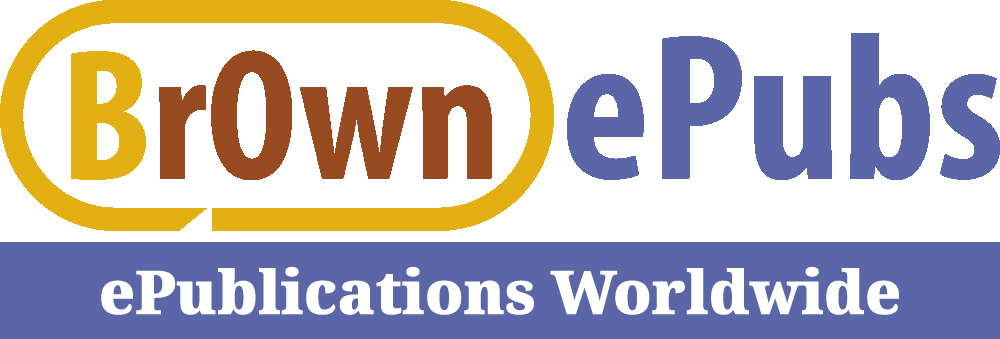
The way people consume literature and information has evolved significantly in the past few decades. For the new generation of readers, eBooks have become an increasingly popular choice, reflecting the broader digital transformation of their lives. The rise of eBooks among young readers can be attributed to their technological fluency, preference for convenience, and alignment with the values and lifestyles of modern society.
Digital Natives and Technological Fluency
Today’s younger generation, often referred to as digital natives, has grown up surrounded by technology. Smartphones, tablets, and other digital devices are integral to their daily lives, making eBooks a natural fit for their reading habits. With instant access to digital libraries and eBook platforms, young readers can explore and download books with just a few taps. This seamless integration of eBooks into their tech-savvy routines has made digital reading more appealing than traditional printed formats.
Convenience and Portability
The convenience of eBooks is a major draw for young readers who lead busy and dynamic lives. Unlike printed books, which can be bulky and cumbersome to carry, eBooks offer unparalleled portability. A single device can store thousands of books, allowing readers to carry an entire library in their pocket. Whether commuting to school, traveling, or relaxing at a coffee shop, young readers can easily access their favorite titles anytime, anywhere. Features like adjustable font sizes, bookmarking, and syncing across devices further enhance the convenience of eBooks, making them a preferred choice for the new generation.
Affordability and Accessibility
Cost is another critical factor driving the popularity of eBooks among younger audiences. With limited disposable income, many young readers find eBooks to be a more affordable alternative to printed books. Digital books often come at a fraction of the price of their physical counterparts, and platforms like Kindle Unlimited and subscription-based services provide access to vast collections for a reasonable monthly fee. Additionally, free eBooks available through public domains and libraries make literature accessible to students and young professionals, fostering a culture of reading without financial barriers.
Alignment with Sustainability Values
Environmental awareness is a defining characteristic of the new generation. Concerned about climate change and sustainability, many young readers are drawn to eBooks as an eco-friendly alternative to printed books. The production of physical books involves deforestation, water consumption, and carbon emissions, whereas eBooks have a minimal environmental impact. By choosing digital formats, young readers align their consumption habits with their values, contributing to a greener future.
Interactive and Engaging Features
The digital nature of eBooks allows for innovative features that appeal to the younger audience. Enhanced eBooks often include multimedia elements such as videos, audio clips, and interactive graphics, creating a more engaging and immersive reading experience. For educational purposes, eBooks offer tools like highlight functions, in-text dictionaries, and quiz modules, making learning more interactive and enjoyable. These features cater to the preferences of a generation accustomed to dynamic and multimedia-rich content.
Social Sharing and Community Building
Social media plays a significant role in the lives of young readers, and eBooks integrate seamlessly with their online interactions. Many eBook platforms allow users to share quotes, reviews, and reading progress on social media, fostering a sense of community and engagement. Young readers can join virtual book clubs, participate in online discussions, and connect with like-minded individuals worldwide. This sense of community enhances the appeal of eBooks, transforming reading from a solitary activity into a shared experience.
Instant Gratification and Multitasking
In an age of instant gratification, the ability to purchase and download eBooks instantly is a significant advantage. Young readers appreciate the immediacy of accessing their desired content without waiting for delivery or visiting a bookstore. Moreover, eBooks cater to the multitasking nature of the younger generation. Features like text-to-speech and audiobook integration allow readers to consume literature while commuting, exercising, or performing other activities, maximizing their productivity and time management.
The Future of Reading
The preferences of the younger generation are shaping the future of the publishing industry. As eBooks continue to innovate and adapt to the needs of modern readers, their popularity is expected to grow further. With advancements such as augmented reality (AR), virtual reality (VR), and artificial intelligence (AI) integration, the digital reading experience will become even more dynamic and personalized.
Conclusion
eBooks have captured the attention of the new generation of readers by aligning with their tech-savvy lifestyles, values, and preferences. The convenience, affordability, and interactive nature of eBooks make them an ideal choice for young audiences who demand flexibility and engagement in their reading experiences. As digital technology continues to evolve, eBooks are set to play an increasingly important role in shaping the literary habits of future generations, ensuring that the joy of reading remains accessible and relevant in the digital age.



Excellent content